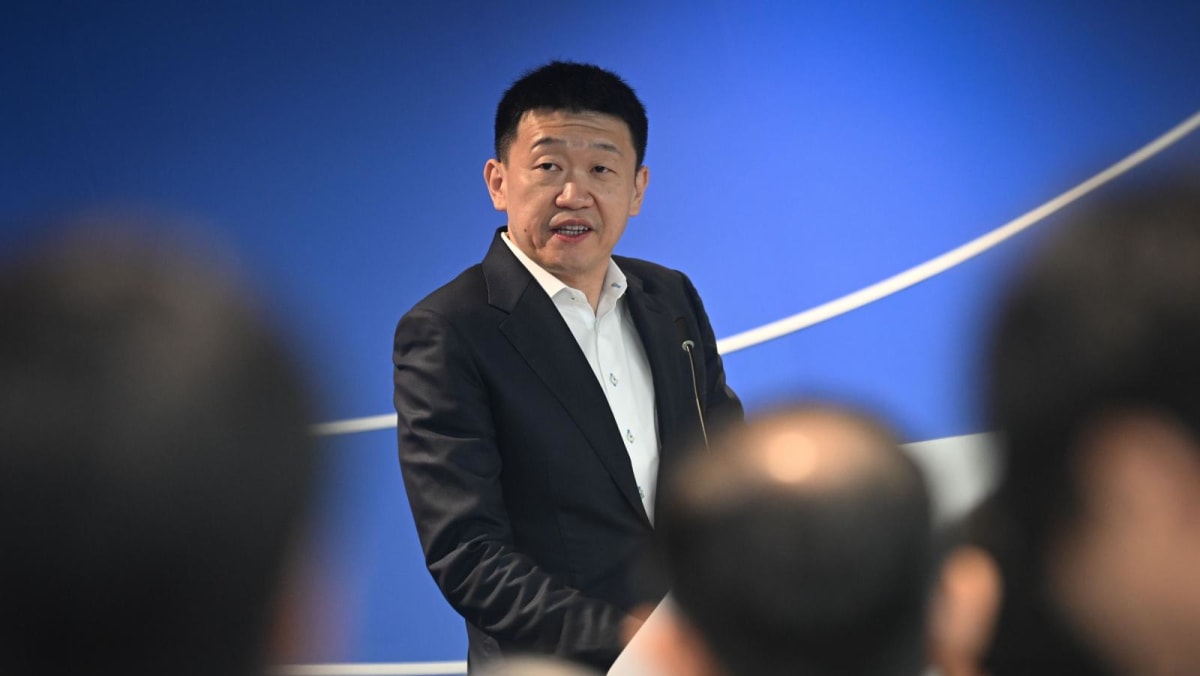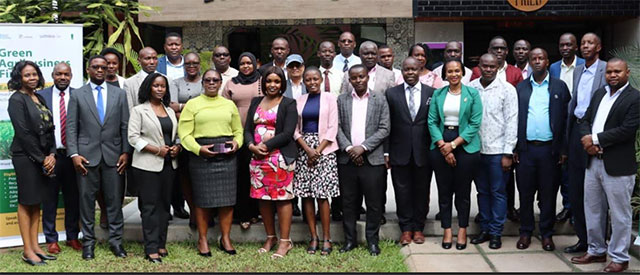Rwanda's Economic Growth to Cool Down in 2025 Amidst Increased Government Spending

Rwanda Adjusts Economic Forecasts as Spending Plans Rise
Kigali – Rwanda's economic trajectory is set to shift in 2025, with Finance Minister Yusuf Murangwa announcing a slower growth rate compared to the previous year, 2024. The announcement, made on Thursday, comes alongside plans for a significant increase in government expenditure for the upcoming 2025/26 fiscal year – a rise of approximately 20%.
Slower Growth: What's Behind the Adjustment?
While specific figures for the 2025 growth forecast weren't immediately released, Murangwa indicated that global economic headwinds and shifts in domestic investment patterns are contributing factors. The Rwandan economy, which has consistently demonstrated robust growth in recent years, is not immune to international economic fluctuations. Factors like inflation, supply chain disruptions, and changes in demand from key trading partners are all being considered.
The government is actively monitoring these trends and adapting its policies to mitigate potential impacts. This includes a focus on diversification of the economy, fostering private sector growth, and attracting foreign direct investment in strategic sectors. The Minister emphasized the importance of resilience and adaptability in navigating the evolving global economic landscape.
Increased Government Spending: Investment in Key Areas
Despite the projected slowdown in growth, the government remains committed to investing in Rwanda's future. The planned 20% increase in spending for the 2025/26 fiscal year will be strategically allocated to priority areas including infrastructure development, education, healthcare, and agriculture. These investments are designed to stimulate economic activity, create jobs, and improve the overall quality of life for Rwandans.
- Infrastructure: Focus on improving transportation networks, energy access, and digital connectivity.
- Education: Expanding access to quality education and skills training programs to prepare the workforce for the demands of a modern economy.
- Healthcare: Strengthening the healthcare system and expanding access to essential medical services.
- Agriculture: Supporting farmers through improved access to technology, financing, and markets.
Looking Ahead: Balancing Growth and Stability
The Rwandan government faces the challenge of balancing economic growth with fiscal responsibility. While increased spending is crucial for driving development, maintaining macroeconomic stability is equally important. The finance ministry is expected to release a detailed budget outlining the specific allocations and funding sources for the 2025/26 fiscal year.
Murangwa’s announcement signals a pragmatic approach to economic management, acknowledging the current challenges while reaffirming the government’s commitment to long-term sustainable development. Analysts will be closely watching Rwanda's economic performance in the coming months to assess the impact of these policy adjustments.
This adjustment to growth forecasts reinforces the need for continued innovation and strategic planning to ensure Rwanda remains on a path of sustained and inclusive economic progress.






